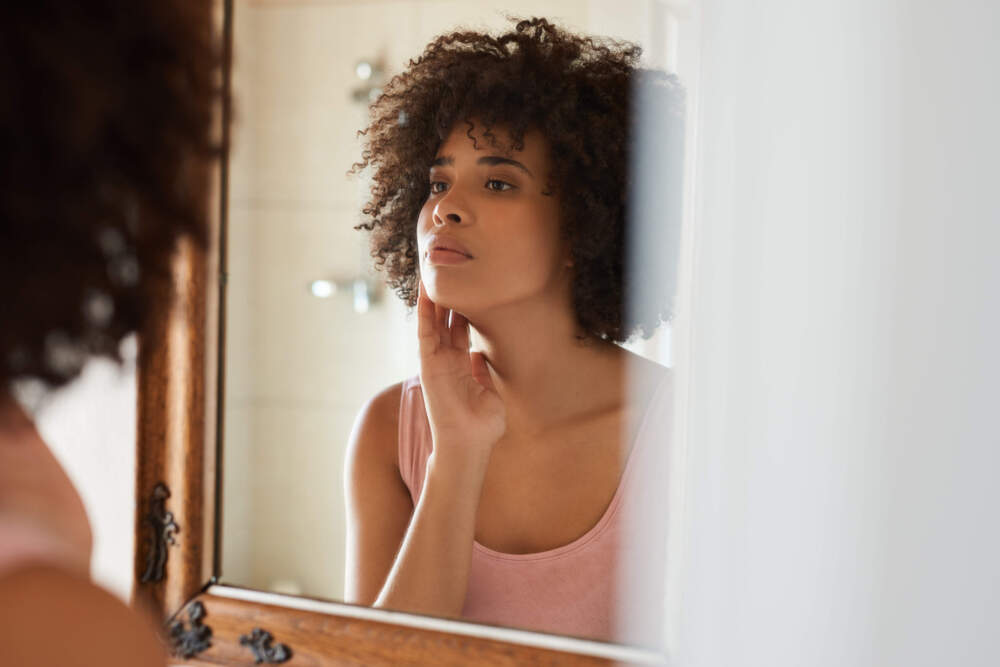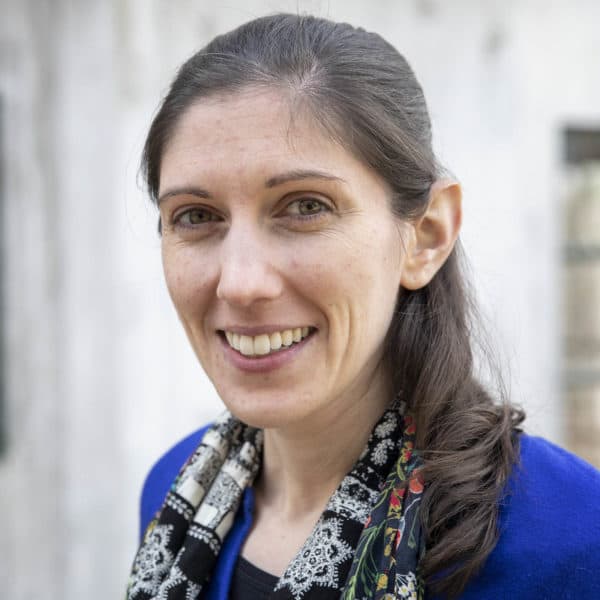Advertisement
Boston's Weekly Health Newsletter
3 health experts weigh in on New Year's resolutions — and a personal favorite

Editor's Note: This is an excerpt from WBUR's weekly health newsletter, CommonHealth. If you like what you read and want it in your inbox, sign up here.
I’m a New Year’s resolutions convert.
For years, I paid little attention to all the hype and goal setting. It seemed like benign optimism, but I assumed in reality, most goals were destined to be short-lived. That view changed when I met a crew of four childhood friends who are now beginning to gray.
They each set goals in January, then get together once a month (often over zoom) to catch up and check in on their progress. They’ve been doing this for years.
I thought it would be nice to chat with my closest friends on a monthly basis. So I decided to overcome my skepticism of New Year’s resolutions and recruit some friends. It’s been great — and some of my goals have fundamentally shifted my daily life for the better.
I’ll share my all-time favorite resolution below.
But first, I checked in with a few leaders in health and medicine here in Massachusetts. I wanted to understand how they think about New Year’s resolutions, what goals they have for 2024 and any advice they might give.
To start, Josiemer Mattei, at the Harvard T.H. Chan School of Public Health, suggested focusing on smaller, practical tasks rather than big resolutions. She researches nutrition, health disparities and conditions such as obesity, diabetes and heart disease. She explained that last year, instead of the lofty goal to “stress less,” she committed to taking a deep breath and reciting a mantra every time she felt agitated. “That helped me gain control over stress and keep my resolution,” Mattei wrote in an email.
Advertisement
With an eye toward two public health challenges, she recommended 2024 goals could focus on sleep and loneliness. “Our minds and bodies will thank us if this year we improve our sleeping habits and strengthen our social connections,” she said.
Anupam Jena, a physician, economist and author who teaches at Harvard Medical School, said he hasn’t traditionally made New Year’s resolutions since he’s pretty happy with his life. But, prodded by my email, he set one: “One thing I have thought about recently is not looking at my phone while putting my kids to sleep. I’ll make it a resolution!”
He also had some thoughtful advice for the rest of us. “Most resolutions I hear about have to do with how people treat themselves (to exercise more, sleep better, eat healthier). I’d like to see us turn our attention to working on how we treat others,” wrote Jena, who co-authored the book “Random Acts of Medicine.”
Finally, I checked in with Eddie Phillips, director of the Institute of Lifestyle Medicine at Spaulding Rehabilitation Hospital, as well as co-host of the podcast “Food, We Need to Talk.” Like Jena, he doesn’t really do New Year’s resolutions. “That way, come February I can safely say that I have kept my resolution,” he wrote.
But this year, he has one inspired by running the New York City marathon this past fall (his second-ever marathon). His resolution: improve his strength. To achieve this, he plans to get a personal trainer at the gym.
“The only way I was able to run the distance was by doing sufficient strengthening so that my muscles could support my joints,” he said. He noted strengthening is important for everyone, especially his fellow aging athletes.
Lots of good material for building New Year’s resolutions, but I’ll add one resolution I came across nearly a decade ago. It became a favorite because of how simple — and unexpectedly transformative — it turned out to be.
The resolution is to remove or cover the mirrors in your home.
I read about someone doing this for Lent and decided to give it a go for a month. I didn’t spend much time in front of the mirror, so I didn’t think it would make a big difference. But I was wrong; it was surprisingly liberating. I discovered the mirror gave me a self-image I carried around during the day — my hair was misbehaving or my skin wasn’t perfect. But without a mirror, that image and those subtle qualms disappeared. It felt like I was freed from something I hadn’t realized was burdening me.
I was such a fan, I continue doing it to this day, with the occasional practical exception.
Whether you are a New Year’s resolution setter or not, happy 2024!
Sign up for the CommonHealth: Boston's Weekly Health Newsletter
